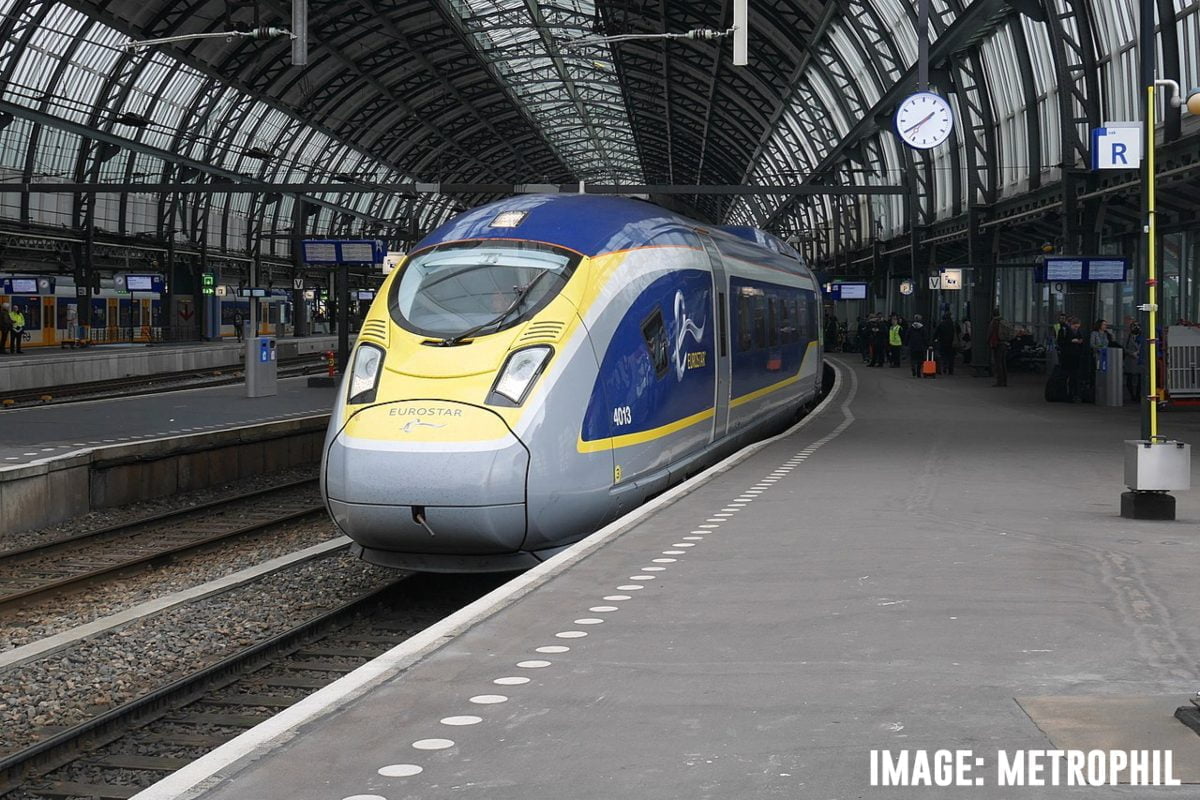Boris Johnson is set to make a decision on the haphazard HS2 project in the coming days. Whatever the outcome, it will be a win for construction bosses, who have their snouts firmly in the trough.
Johnson’s new Tory government is in a state of total disarray over what to do with the chaotic HS2 project: whether to carry on digging (themselves into a hole – excuse the pun); or scrap the undertaking – either partially or completely. Whatever the outcome, it will end up costing taxpayers billions of pounds.
Even conservative estimates now predict a total cost of over £100 billion – almost double the original projected cost. Meanwhile, severe delays have pushed back the completion date to at least 2040.
The National Audit Office (NAO) states that £7.2 billion had already been spent on HS2 up until April 2019. Some reports say that over £9 billion has been splashed on the project so far.
The former chair of the UK’s rail watchdog, Stephen Glaister, has called for a report commissioned by the PM last summer to be published. The Department of Transport’s own figures show that HS2 is receiving £200m every month. The numbers indicate that the bill for ‘staff travel’ alone was £303,000.
Boris Johnson is due to decide in the coming week whether to give the scheme the go-ahead. But even if it is delivered, HS2 risks being an extremely costly white elephant – a vanity project for the Prime Minister and his attempts to maintain votes in the North.
“What am I going to be using HS2 for?” asked David Whittle, a retired coach driver from Leigh, speaking to the Guardian. “It’s for business people. We’re packed in like sardines on the local buses and trains we take every day.”
Blacklisting
It also seems that some construction firms have ‘earned’ about £4 million a day on HS2, even after the project was placed under review last summer.
Many of these construction companies were part of the infamous Consulting Association. The sole purpose of this nefarious organisation was to compile information to be used to blacklist construction workers – especially trade union activists.
My own union, Unite, is currently involved in ongoing demonstrations at the project’s main London terminal, at Euston Station. These protests are over union-busting by the Costain-Skanska joint venture.
Management are actually refusing to provide Unite the Union officials with access to the site canteen during break times, in order for them to be able speak to union members. Yet back in April 2016, HS2 Ltd even signed up to a framework agreement with the Trades Union Congress (TUC), which – amongst other things – allows site access for union officials.
Scandalously, HS2 Ltd is actually funded by a grant-in-aid from HM Government, and is an executive non-departmental public body, sponsored by the Department for Transport.
Environmental damage
But it isn’t only the financial aspect of HS2 that is causing concerns. Worries are also growing over HS2’s impact on biodiversity. Despite project managers apparently carrying out Britain’s largest ever survey of our wildlife, the Woodland Trust has stated that 108 ancient woodlands could be at risk – 63 by direct loss.
The Woodland Trust also reports that five internationally protected wildlife sites, 33 ‘sites of special scientific interest’ (SSSIs – the gold standard of wildlife habitat), and 693 local wildlife sites covering 9,696 hectares are threatened by the construction of HS2.
HS2’s figures for directly affected sites are lower: it says that 14 SSSIs, 62 ancient woodlands, and 204 local wildlife sites will be affected. But even these estimates are alarming.
Nationalisation
 It looks like construction firms who were former members of the Consulting Association will be getting ready to demand eye-watering compensation if HS2 is scrapped. They are also ready with their sky-high invoices in hand if the project is given the go ahead.
It looks like construction firms who were former members of the Consulting Association will be getting ready to demand eye-watering compensation if HS2 is scrapped. They are also ready with their sky-high invoices in hand if the project is given the go ahead.
Either way – as per usual under the profit system – it is a win-win situation for the bosses. This is why we need nationalisation of the construction industry and the banks – under workers’ control, and as part of a socialist economic plan: not just for workers and society, but also for the natural world that surrounds us.






